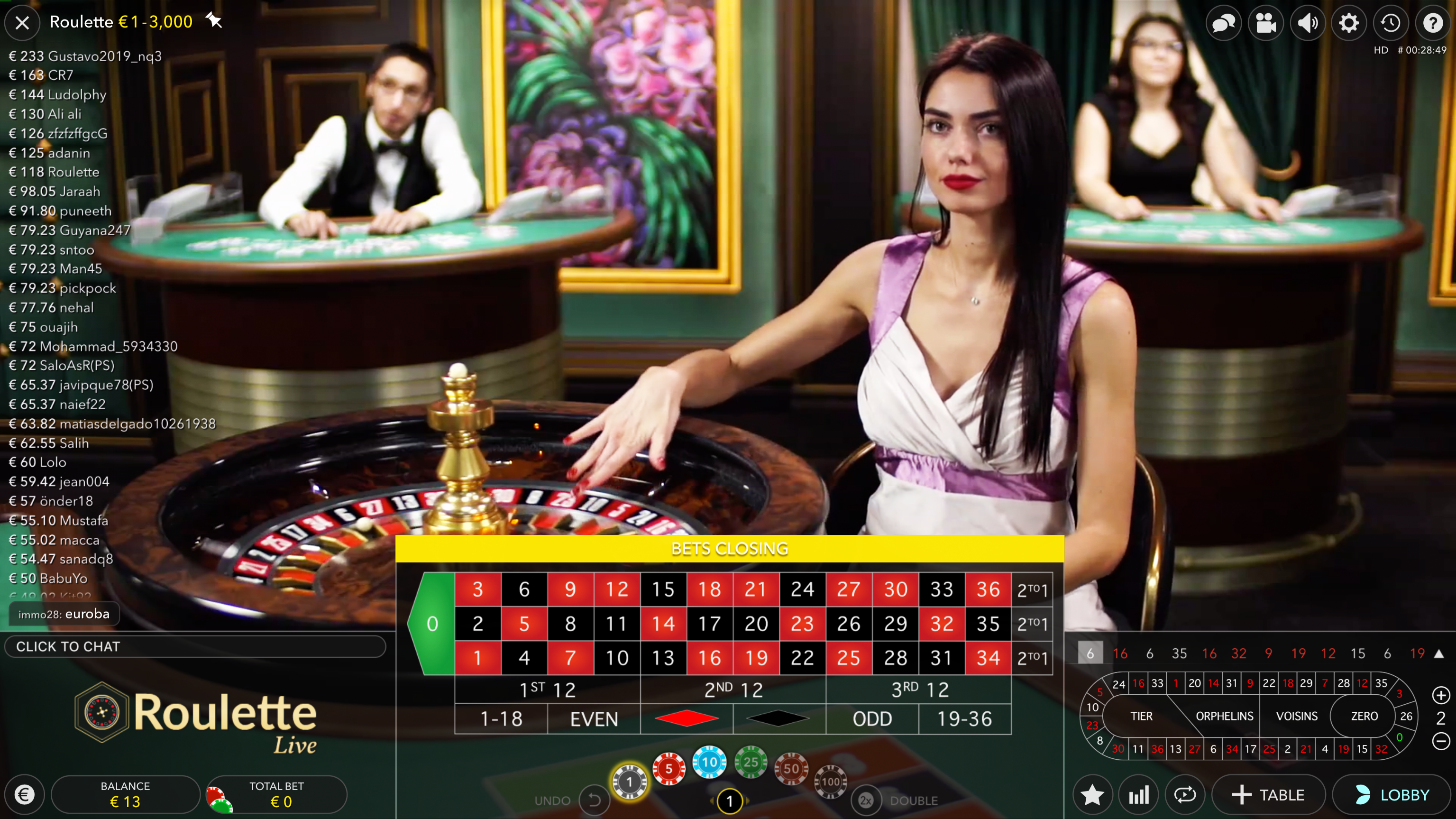
Casino games have long captured the fascination of humans around the globe, becoming an integral part of both entertainment and society. From the shimmering lights of Nevada to the immersive experience of virtual casinos, these games evoke thrill, uncertainty, and sometimes even a sense of remembrance. They are beyond just hobbies; they have woven themselves into the fabric of our lives, influencing everything from movies and melodies to style and writing.
The allure of casino games goes beyond the gambling aspect, tapping into wider themes of fortune, possibility, and social interaction. As players convene around a gaming table or rotate the wheel of fortune, they engage in an ancient ritual that resonates with our shared desire for thrill and uncertainty. This obsession has led to the emergence of countless references in movies, songs, and electronic games, showcasing how strongly entrenched these pastimes are in mainstream culture. Whether it is the high-stakes tension of a traditional heist movie or the lively nightlife portrayed in recordings, casino games have created a substantial niche that reflects our relationship with risk and reward.
Social Significance of Casino Games
Casino games have played a pivotal role in cultural contexts throughout the ages. Originating from old civilizations, forms of chance were often linked to rituals or events. For example, early iterations of gambling can be linked back to ancient Chinese and the Romans, where dice games and wagering on results were common pastimes. These activities not only functioned as entertainment but also as means of connecting people, facilitating connections among people within communities.
As societies evolved, so did the sophistication and structure of gambling games. The establishment of formal casinos in the 17th century, particularly in Italy, marked a notable shift in how games were perceived and organized. With designated spaces for gambling, the casino became a social hub where patrons from various backgrounds gathered. This evolution contributed to the legitimization of gambling, transforming it from a mere pastime into an organized industry that shaped economy and policy.
The effect of gambling activities on mainstream culture cannot be understated. As they were popularized in books and movies, games such as poker and blackjack became icons of chance, chance, and strategy. Famous figures and narratives have developed around these activities, illustrating societal attitudes towards luck, prosperity, and immorality. https://winvn.london/ This interest with gambling games has permeated various forms of entertainment, solidifying their status in the collective consciousness and linking them to wider cultural narratives throughout history.
Representation of Casino Games in Media
Casino activities have long been a popular subject in various forms of media, reflecting both the fascination and nuances of the world of gambling. Films such as Ocean’s 11 and Casino Royale portray figures who navigate intense situations, showcasing not only the allure of the gambling environment but also the methods and choices that come with playing popular games like poker and 21. These movies often dramatize the exhilaration of winning and the potential consequences of losing, encapsulating the risks involved in gambling.
Television shows have also explored the world of gambling activities, often integrating them into the plot as a backdrop for character development and conflict. Series like Las Vegas depict the stories of gambling employees and casino-goers, highlighting the dynamic, often tumultuous energy of the casino floor. Reality shows featuring intense betting contests further emphasize the attraction of gambling activities, drawing viewers into the drama and tactics involved in each session. Through these depictions, media not only entertains but also stimulates conversations about fortune, expertise, and the character of chance.
Gaming have increasingly integrated gambling activities into their design, allowing players to simulate the thrill of gambling without financial risk. Titles within the landscape of digital gaming often include virtual slots, poker, and other casino favorites, creating an immersive gameplay that mirrors actual casino experiences. These digital representations make gambling activities accessible to a broad demographic, appealing to both players who indulge and those who enjoy the rush of simulation. As a outcome, the representation of casino games in media continues to shape public perception and importance, highlighting their function in society and social context.
Effect of Gambling Activities on Communities
Gambling activities have a meaningful impact on society, influencing multiple facets of culture and social behavior. They often function as a venue for community engagement, where people come together to experience a common activity. Casino trips with friends or trips to casinos become social activities that build connections and create memories. This collective aspect enhances the fun value of casino games, making them a popular choice for festivities and recreational pursuits.
Additionally, gambling activities have been portrayed in countless films, TV series, and literature, influencing views and opinions towards gaming and betting. Icons like James Bond playing baccarat or the intense poker scenes in films have embedded these games in the shared imagination. This depiction often idealizes the culture associated with casino activities, drawing in new players and influencing trends in both style and conduct. These representations can spark curiosity and lead to a more profound exploration of the nuances of gambling.
Nonetheless, there are also adverse implications associated with the widespread appeal of casino games. The temptation of quick monetary gain can lead to problem gambling and financial troubles for some individuals. winvn Society must contend with these issues, promoting responsible gaming and awareness of the dangers involved. Balancing the entertainment value of casino games with the potential for harm is vital to ensure that they continue to be a positive aspect of our societal fabric.